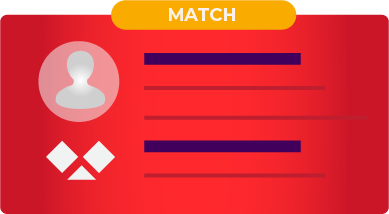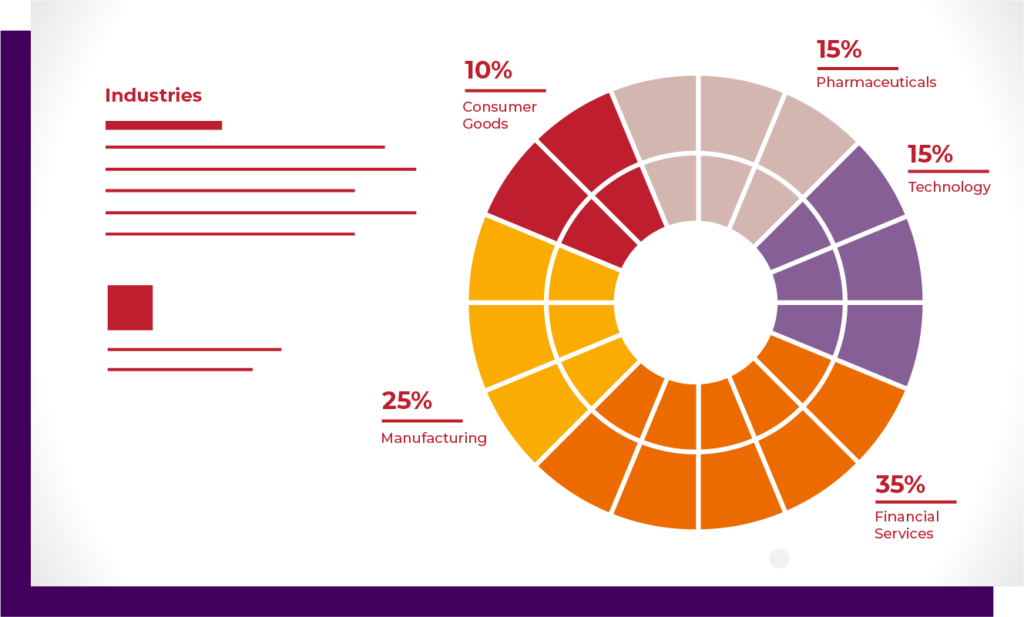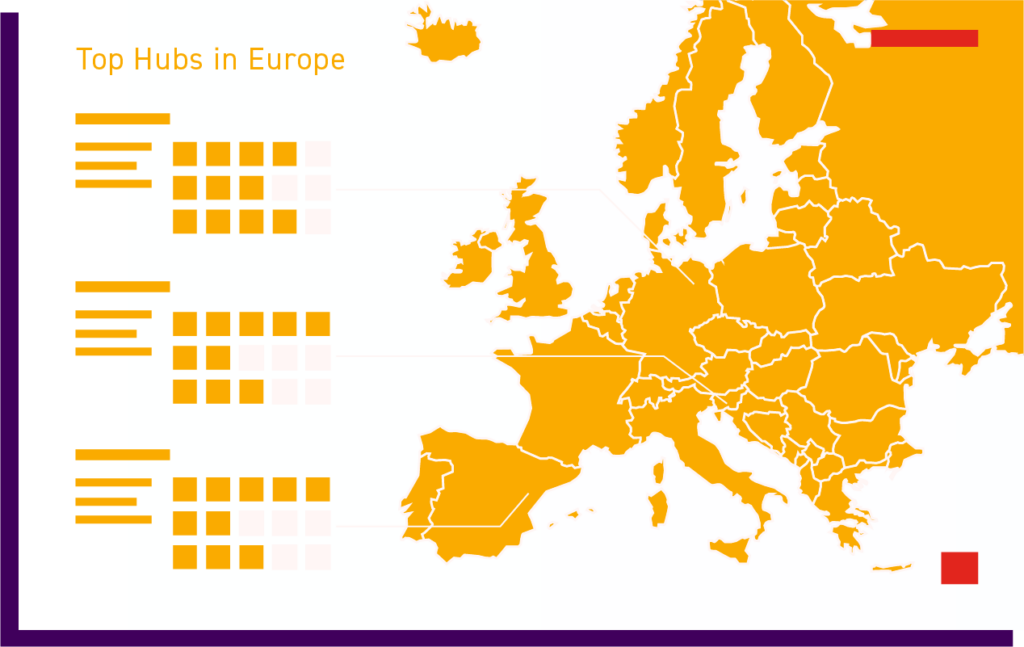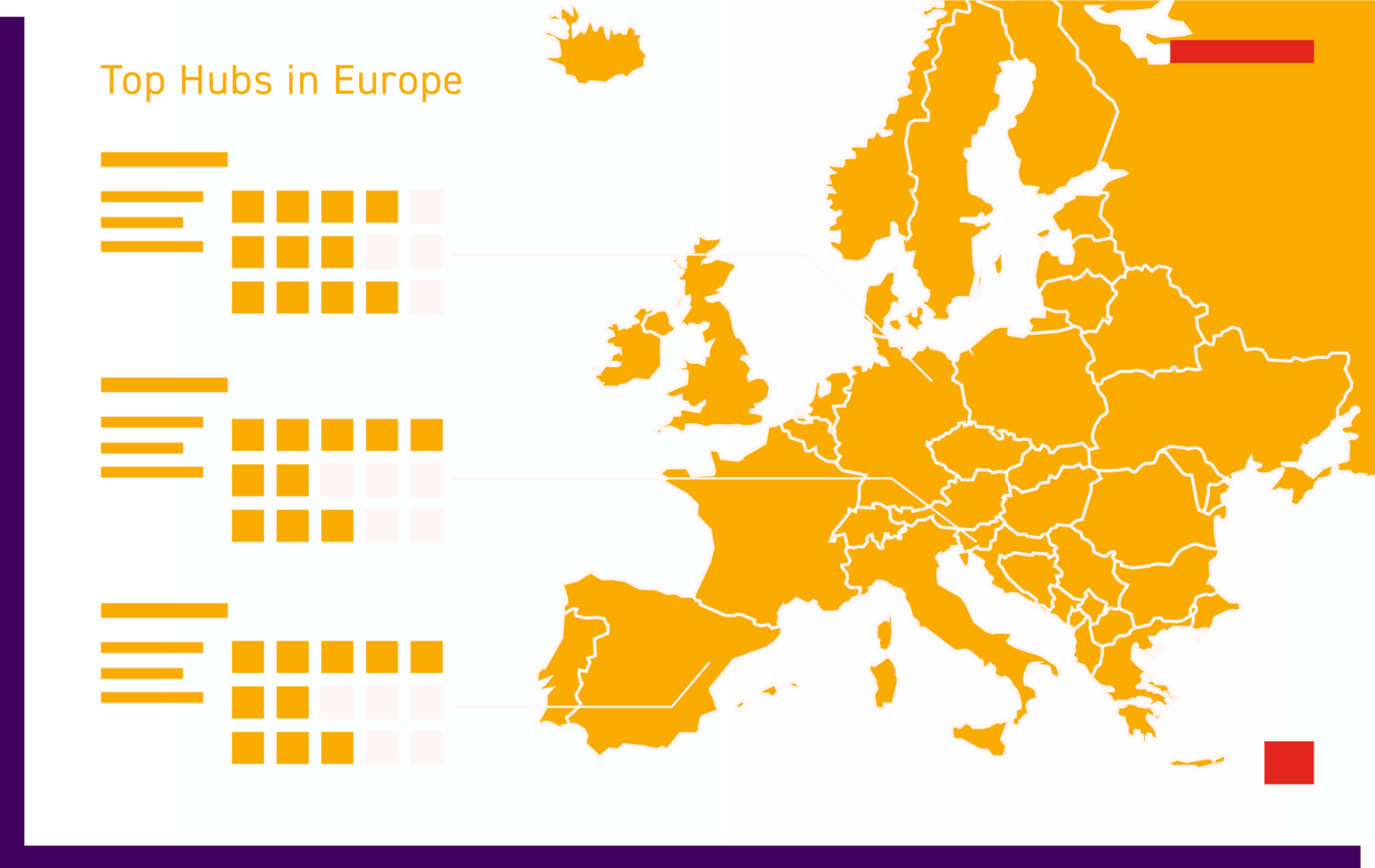Download now >
Most business leaders intuitively understand that the right people in the right positions focused on the right areas is how business strategy is successfully executed. Talent intelligence (TI) takes that intuition and gives business leaders data to support or disprove their hypothesis about what and who is needed for success. And where to find them. Although still a growing area compared to the more mature areas of people analytics, strategic workforce planning and business intelligence, talent intelligence can provide tangible benefits to organisations today and is key area of competitive advantage for businesses and leaders that like to use data led insights for decision making.
TI involves analysing data on the external labour market to inform decisions about talent. It’s a relatively new business capability that has grown in popularity over the last five years. Talent Intelligence teams gather data from a variety of sources such as search engines, company websites, government data, annual reports and talent platforms to identify patterns and generate insights that help business leaders better plan and execute the talent component of their business strategy.
Unlike People Analytics which uses data on the existing workforce, talent Intelligence gathers data on the external talent to help organisations better understand total candidate populations and trends to inform critical decisions such as where to locate a new team, how to structure a function or where to find the rare skills necessary to successfully deliver a transformation.
Savannah set up its talent intelligence function in 2021 recognising that many clients needed more data and insight before embarking on specific recruitment mandates. Over the last three years we have worked with a wide variety of businesses across the globe to answer strategic talent questions. And provided business leaders with board-ready recommendations on everything from FTSE 100 CFO succession planning to technology capabilities across Europe, the USA, South America, South-East Asia, Middle East and Asia Pacific.
The Business Case for Talent Intelligence
Additional spend within HR and recruitment can meet resistance, particularly at a time when organisations are focused on being as lean as possible. However, talent intelligence has been proven to make recruitment more effective, in the same way that Business Intelligence and Data Analytics has made Finance and Operations more responsive and agile. Talent intelligence benefits include:
- Increasing speed to hire: Businesses report 4-6 weeks saved per hire by using talent intelligence to align and educate key stakeholders on the market for a particular set of skills in advance of starting a recruitment process. Across dozens or hundreds of hires, the time saving adds up considerably.
- Identifying a wider range of relevant talent: Clients have reported 40%+ more candidates identified when using TI as part of a recruitment process vs traditional methods
- Making significant cost savings: Better talent decisions have real cost benefits. For example, we saved an online gaming company £750,000 per year by identifying alternative countries from which to source high quality talent at lower cost
- Diversity: Achieving 50/50 diverse candidate lists becomes more probable when using talent intelligence. Broader research identifies a wider talent pool which helps to identify less obvious candidates for a role.
Other less measurable/tangible? benefits include:
- Supporting Talent Acquisition and HR professionals in building more strategic relationships with stakeholders in other functions through communication of concise talent insights that support decision making
- Better reporting through more accurate and reliable candidate data
- Faster responsiveness through smarter deployment of internal resources. Talent intelligence works across functions and regions so also benefits organisations who are looking to establish a centre of excellence for talent attraction and want to use data and insights as a way of unifying a consistent, repeatable approach.



More Information on Savannah’s Talent Intelligence Solutions here: https://savannah-group.com/what-we-do/services/talent-intelligence/
WHY ARE MORE BUSINESSES INVESTING IN TALENT INTELLIGENCE?
Businesses continue to operate in unpredictable environments. Talent Intelligence is adding objectivity and rigour to talent decisions that have significant strategic, operational and cost ramifications.
What’s behind an increased use of talent intelligence in the last five years?
Macro Instability
War, pandemic, inflation and political instability have all contributed to a highly volatile business environment. Multinational companies are having to react quickly to changing dynamics across their markets, re-prioritising where to build manufacturing plants, shared service centres and technology hubs in response to changes in supply and demand of certain products and services across regions. Making good business decisions requires robust data from all relevant markets including real estate costs, infrastructure quality, political climate, quality of life to name a few. Talent insights are critical to making good strategic decisions, for example, – size of talent pool for the skills required, competition, talent quality, seniority distribution and estimated cost to hire. Talent Intelligence can gather that data and in doing so help save businesses hundreds of thousands in making decisions in the absence of critical data and insight.
Budget cuts in talent acquisition
After a boom in hiring in 2021 and through the first half of 2022, we’ve seen less hiring through 2023. As a result, many talent acquisition teams have been cut and hiring budgets have stayed relatively flat. Smaller teams still need to be responsive to the organisation’s needs and are being encouraged to handle more of the talent acquisition process themselves as opposed to seeking external support. Talent Intelligence can be used to demonstrate the difficulty/ease and therefore likely time to hire for each requisition.. While also helping best direct time and resources to maximise efficiency and successful recruiting outcomes.
Decreasing Talent Mobility
Recent research data including from Bloomberg highlights a continued shift from a highly mobile talent market with lots of movement to a market with fewer people quitting their jobs and less appetite to move to new roles due to job security. In these markets, organisations have to work harder to attract the talent they need for their future growth. And their employee value proposition (EVP) becomes increasingly important. For large multinationals who are hiring across multiple geographies, having a one size fits all approach to EVP messaging rarely works. Talent Intelligence can increase the success of future employment efforts in multiple regions through reporting on the size of relevant talent pool in locations of interest and surveying/interviewing talent pools to understand motivations, push and pull factors, salary and development expectations. This can then be fed back to the recruitment marketing team to help tailor EVP messaging to each market accordingly.
Investors’ Hunt For Value
Private Equity and State investment funds are continually looking for ways to increase the value of assets in their portfolio. In a market where valuations are plateauing, talent intelligence can be used in conjunction with internal performance data to identify assets that are underperforming and benchmark the leadership team and key personnel against relevant competitors. This helps the operating partner get a clearer sense of the capabilities of leadership teams in other relevant businesses and compare and contrast to the teams within their own to develop an action plan.
The Drive for Diversity
Many businesses are committed to building more diverse workforces. Leaders want to understand the diversity of candidate populations ahead of recruitment mandates so that they can prioritise, manage business expectations and if necessary, adjust the job brief criteria to be more inclusive of a wider population. This requirement in combination with budget restrictions puts extra emphasis on the need for reliable data ahead of commencing recruitment to minimise time wasted and maximising time to fill.
High levels of transformation
During the pandemic, many businesses realised they had an opportunity (or were forced to) to adapt and diversify business models. Whether that was moving to direct to consumer (D2C)models, selling to other markets or industries or doubling down on digitisation, those strategies are still ongoing. For other businesses, climate and sustainability initiatives (e.g. electrification and increased use of renewable energy) is a requirement following government-imposed targets and changes in consumer preferences.
In most cases, these strategic changes mean acquiring new skills. For people who have spent a considerable amount of time at the business, these new skills and profiles can be difficult to understand. The inertia created between the acknowledgement of the need for new skills and the lack of understanding of the existing organisation can be helped considerably through Talent Intelligence. Being able to educate key stakeholders while introducing ideas around the type of talent that might be the right fit in advance of a recruitment process can help get alignment much earlier on the direction of the recruitment effort and reduce the risk of the process being derailed later on.
The Move to Skills Based Hiring
Digitisation and the rapidly developing capabilities of generative AI is forcing businesses to consider the future shape and structure of their workforce. One trend that is gathering pace is the move towards skills-based organisations. In this new model, rather than work being delivered by static functions and teams, individuals are categorised based on their skills and are deployed to projects and tasks. The work tasks are continuously evolving to meet the needs of the business. Deloitte has written an overview of what this new operating model could look like, and companies like Unilever are already putting this into practice with their U-Work platform which allows its employees to work on varying assignments without a single fixed role.
Once workforce strategy or people analytics teams have categorised employees in terms of skills, a gap analysis of the skills present today versus those required in future is needed. Talent teams need to know from where to source critical talent. Talent intelligence can help match internal skills frameworks with the external market to give organisations a schema from which to match internal functional language with the external companies from which they want to hire.
Digitisation and Digital Transformation
Digital transformation is a long-term effort to rewire the DNA of organisations utilising technology and the myriad of improvements and efficiencies it can bring. Cloud, IoT, robotics, cyber security, AI and more. Organisational spending on digital transformation technologies and services continues to grow at around 16% year on year. Most businesses are focused on value creation and change adoption as operational KPIs to monitor their progress and to deliver these initiatives requires talent. Talent intelligence plays a significant role in understanding the workforce for digital skills and can also be used to benchmark and compare C-suite and business unit level leaders against the external market.
Our expert team is here to help you in applying data and insight to accelerate your progress.




